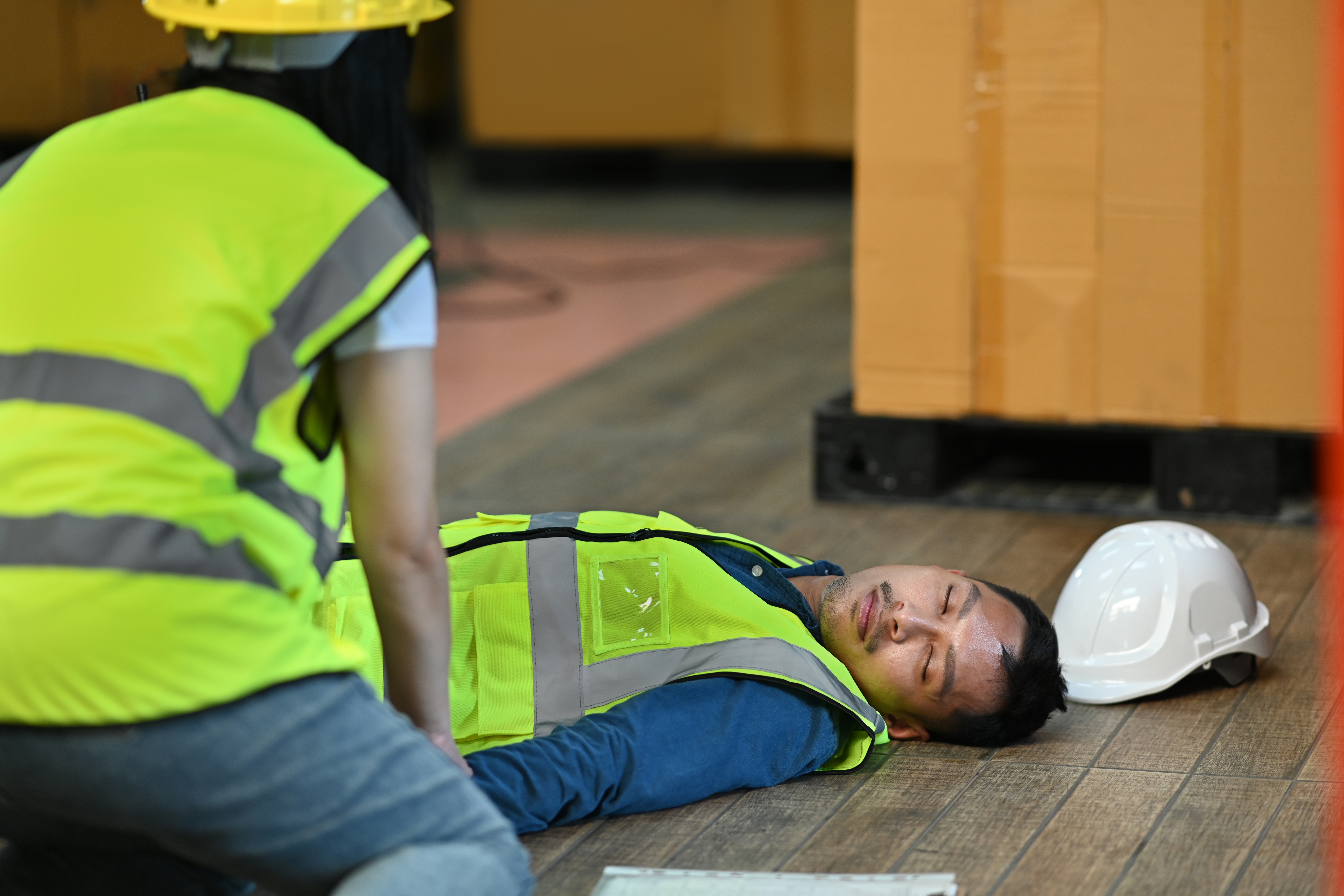
If someone suffers an injury aboard an ocean liner or as a crew member aboard a ship, then it is simple that any case brought by the injured party falls under maritime law. That is to say, unlike regular torts that are governed by local law and are litigated in state courts, maritime torts are governed by federal statutes and are litigated in federal courts.
What if the injured party was working on the dock on behalf of a maritime entity that is out in the water, will the injured party be afforded the right to sue under maritime law? The United States Supreme Court decided on such a case in 2012.
Outer Continental Shelf Lands Act
The Outer Continental Shelf Lands Act, or OCSLA, places waters that are submerged lands lying seaward of state coastal waters as waters under the jurisdiction of the Federal government. This means that areas that are considered the “outer continental shelf” (OCS) fall under federal jurisdiction (there is an Alaska OCS, Pacific OCS, Atlantic OCS, and a Gulf of Mexico OCS). The Longshore and Harbor Workers Compensation Act, or LHWCA, provides compensation to those who are injured while working on the OCS.
Pacific Operators Offshore, LLP v. Valladidolid
John Valladolid worked for Pacific Operators Offshore, LLP, which operated two drilling stations in the Pacific OCS three miles off the coast of California. Valladolid worked offshore approximately 98% of the time and worked on the docks in California approximately 2% of the time. While he was working on the dock, not on a platform out in the OCS, he was the victim of an accident that took his life. His widow filed suit against Pacific Operators, claiming that she had the right to compensation under the LHWCA. Pacific Operators countered that she had no claim under LHWCA because the accident occurred while John Vallidolid was on dry land and an LHWCA claim must be on “situs” of the OCS. The case was appealed to the US Supreme Court.
The Court drew from case law that, to qualify for compensation under the LHWCA, there must be a “substantial nexus” between the injury and the extraction process that occurs in the OCS. Specifically, the Supreme Court noted that “[t]he OCSLA extends the provisions of the LHWCA to the ‘disability or death of an employee resulting from any injury occurring as the result of operations conducted on the outer Continental Shelf.’” This means, according to the Supreme Court’s reading of the statute, that if there is an extraction on the OCS and in a related incident someone injures him or herself then it is covered under the LHWCA.
The Supreme Court therefore concluded that the LHWCA extended to Valladolid’s injury.
Have you been injured in a maritime or maritime related-accident? You need strong representation from a lawyer who understands the intricacies of maritime law. Contact the Kolodny law firm, experienced and knowledgeable Houston-based maritime injury attorneys.

